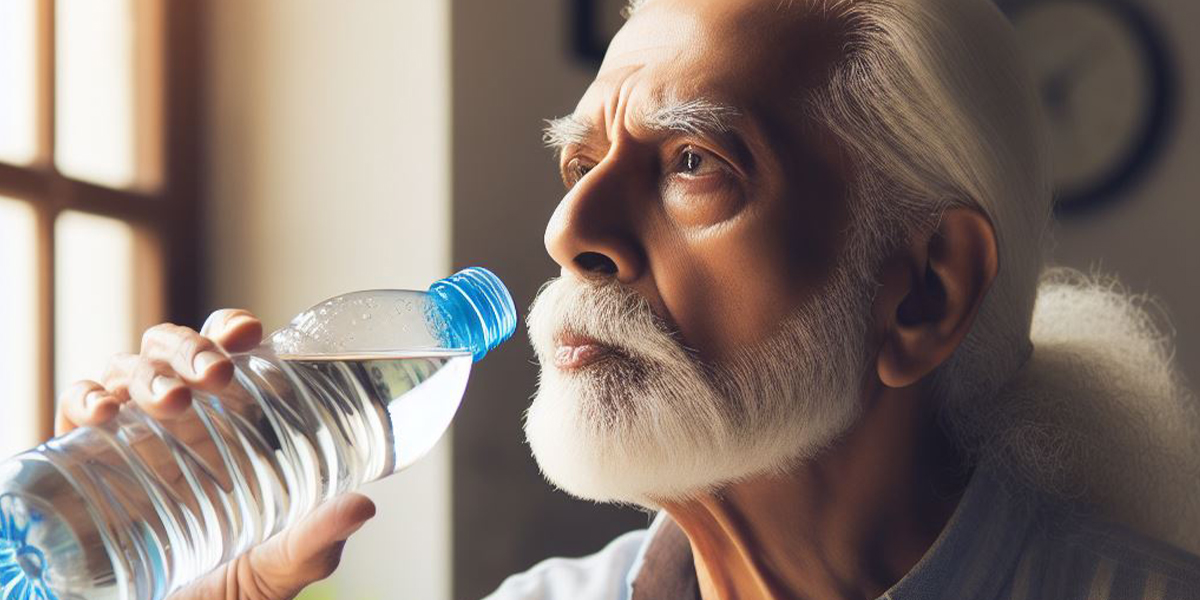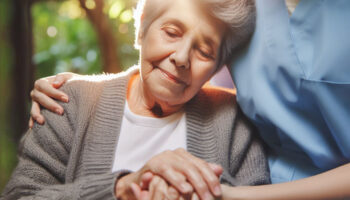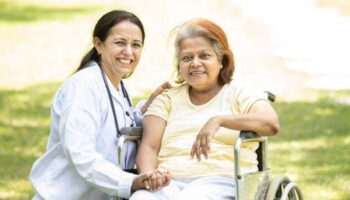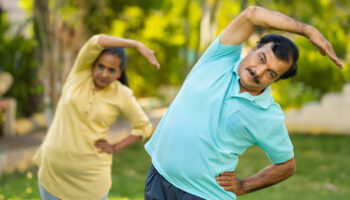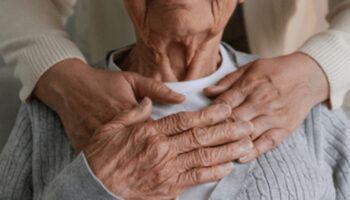As individuals age, maintaining optimal health becomes increasingly important at Athulya Assisted Living, and one often overlooked aspect is hydration. Dehydration poses significant risks for elderly individuals, impacting their overall well-being and potentially leading to serious health complications. In this blog, we will delve into the specific risks associated with dehydration in the elderly, highlight the warning signs to be vigilant about, and provide practical tips for preventing dehydration in this vulnerable demographic.
The Risks of Dehydration in the Elderly:
Impaired Cognitive Function:
Dehydration can act as a silent assailant, gradually affecting memory, attention, and overall mental acuity. For seniors who may already contend with age-related cognitive challenges, such as mild cognitive impairment or dementia, dehydration can exacerbate these conditions. Studies have shown that even mild dehydration can lead to noticeable declines in cognitive performance, including difficulties in concentration and memory recall. Recognising the pivotal connection between hydration and cognitive well-being is crucial in the overarching effort to provide comprehensive care for the elderly, underscoring the importance of vigilance and preventive measures in preserving their mental acumen.
Increased Risk of Falls:
Dehydration in elderly individuals not only affects how they feel inside but can also throw them off balance, making them more prone to falls. Dehydration can cause dizziness and weakness, increasing the chance of tripping or losing balance. The consequences of falls for seniors can be severe, leading to fractures, reduced mobility, and a decline in overall quality of life. Preventing dehydration becomes a crucial shield, ensuring seniors stand strong and steady in the face of these balance challenges, reducing the risks of unexpected tumbles.
Compromised Kidney Function:
The kidneys play a vital role in maintaining the body’s fluid balance. Chronic dehydration can strain the kidneys, potentially leading to kidney stones or urinary tract infections. Elderly individuals are already more prone to kidney-related issues, making hydration crucial for maintaining proper kidney function. Regular water intake helps flush out toxins and prevents the formation of kidney stones, supporting overall kidney health in the ageing population.
Exacerbation of Existing Health Conditions:
Dehydration can worsen existing health conditions commonly found in the elderly, such as diabetes and cardiovascular diseases. Inadequate hydration can lead to increased blood pressure, elevated heart rate, and complications in managing chronic illnesses. Proper fluid intake is a fundamental aspect of disease management, underscoring the importance of hydration as a preventive measure against the exacerbation of existing health conditions.
Delayed Healing and Recovery:
Adequate hydration is vital for the body’s healing processes. Dehydrated individuals may experience delayed recovery from illnesses, surgeries, or injuries. This delay in healing can significantly impact the overall well-being of seniors, prolonging their discomfort and potentially leading to additional complications. Ensuring seniors are well-hydrated is not just a measure of comfort but a proactive step in supporting their bodies’ natural healing mechanisms.
Subtle Whispers: Warning Signs of Dehydration in the Elderly
Dark Urine:
Monitoring urine colour is a simple yet effective way to assess hydration levels. Dark yellow or amber-coloured urine is a clear indicator of dehydration. Encouraging seniors to drink more fluids when they notice a change in urine colour can help maintain proper hydration.
Dry Mouth and Thirst:
Persistent dryness in the mouth and an increased sensation of thirst are early signs of dehydration. Elders may not always communicate their thirst, so our caregivers are observant and offer fluids regularly, even if the individual does not express explicit thirst.
Sunken Eyes and Dry Skin:
Dehydration manifests physically, with sunken eyes, dry or cool skin, and reduced skin elasticity being noticeable signs. These physical changes indicate a lack of fluid in the body. Regular checks for skin condition and eye appearance can provide valuable insights into hydration status.
Fatigue and Weakness:
Dehydration can lead to fatigue, lethargy, and overall weakness. Elderly individuals may find themselves more tired than usual, even with minimal physical exertion. So, our caregivers recognise the signs of fatigue and weakness and encourage increased fluid intake.
Dizziness and Confusion:
Dehydration affects cognitive function, leading to symptoms like dizziness, confusion, and difficulty concentrating. These signs may be subtle but should not be ignored, as they indicate a potential compromise in hydration status. Regular monitoring of cognitive function can help in early detection and intervention.
Guarding Against Dehydration: Practical Prevention Tips for Seniors
Encourage Regular Fluid Intake:
Ensuring that elderly individuals consume an adequate amount of fluids throughout the day is the cornerstone of dehydration prevention. Water is the best choice, but other hydrating beverages like herbal teas, diluted fruit juices, and broths can also contribute to overall fluid intake. Offering water-rich foods like watermelon and cucumber can further support hydration.
Monitor Medications:
Certain medications may contribute to dehydration as a side effect. Our caregivers are aware of these potential effects and work with our healthcare professionals to adjust medication plans if necessary. Regular medication reviews can help identify and address any medication-related dehydration risks.
Create a Hydration Schedule:
Establishing a routine for fluid intake can be beneficial. Encourage regular sips of water throughout the day, especially during meals and in between. Setting alarms or using hydration reminder apps can assist in maintaining a consistent schedule. Our caregivers play a crucial role in supporting and reminding seniors to drink fluids regularly.
Provide Hydrating Foods:
Incorporating hydrating foods into the diet is a practical way to support overall fluid intake. Water-rich fruits like watermelon, oranges, and berries, as well as vegetables like cucumber and celery, contribute to hydration while offering essential vitamins and minerals. Including these nutritious foods in daily meals and snacks enhances overall hydration levels.
Modify Texture of Fluids:
Some elderly individuals may have difficulty swallowing liquids. Modifying the texture of fluids, such as turning water into ice chips or providing thickened liquids, can make hydration more accessible for those with swallowing challenges. Our caregivers work with healthcare professionals to identify suitable modifications based on individual needs.
Consider Electrolyte Replacement:
In cases of illness, excessive sweating, or prolonged physical activity, replenishing electrolytes is crucial. This is achievable through electrolyte solutions under the guidance of our healthcare professionals. Ensuring a balance of electrolytes supports overall hydration and prevents imbalances.
Create a Comfortable Environment:
Ensure that the environment is conducive to hydration. Keep water readily accessible in easy-to-reach places, use cups with lids and straws to make drinking easier, and consider the temperature of the room to make it more appealing for consuming liquids.
Thus, dehydration in the elderly is a serious concern that requires proactive attention. By understanding the risks, recognising warning signs, and implementing preventive measures, our caregivers at Athulya Senior Care play a pivotal role in maintaining the health and well-being of elderly individuals. So, ensuring adequate hydration is not only a fundamental aspect of healthcare for seniors but also a simple yet powerful way to enhance their overall quality of life.
Information: This blog is for informational purposes only and should not be considered as a substitute for any treatment or diagnosis. Seek professional help in case of any emergency. Athulya is not responsible for any consequences.
